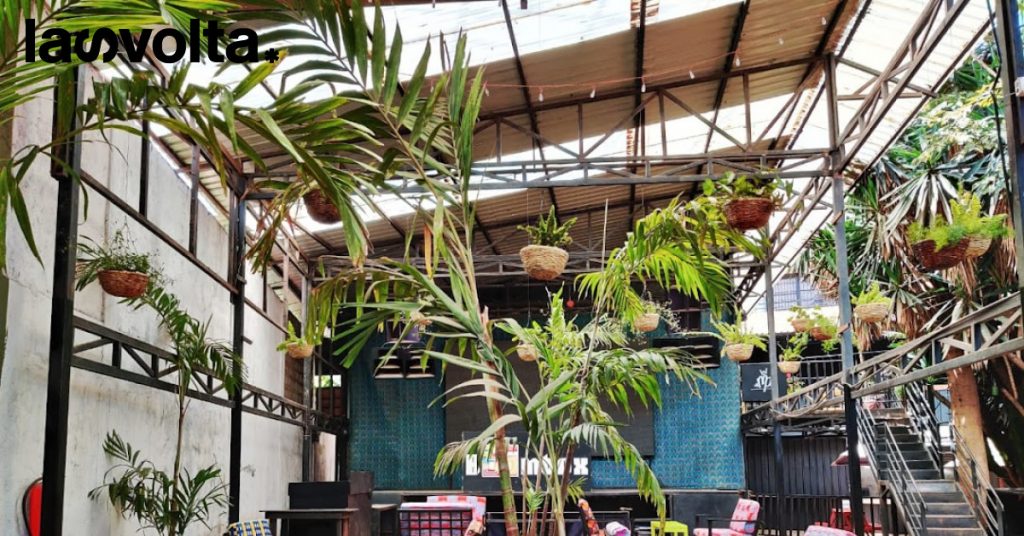Kenya: an internalized racism

When most people think of the color black in comparison to white, a majority would associate white with purity whileblack would be associated with death, mourning, evil magic, and darkness. Generally, there is a negative association with the color black in society. In Kenya, most conversations aboutcolonialismare often centered around slavery, appropriation, degradation of natural resources, capitalism, urbanization, and the introduction of foreign diseases to livestock and humans. Very few people talk about the problem ofinternalized racismthat they face daily, whether knowingly or unknowingly. This problem does not only affect ‘black people’but also ‘white people’. Perhaps the topic is frowned upon because it is sensitive and ignites a lot of mixed feelings, hence people would rather not deal with it. According to sociologist, Karen D. Pyke, the topic may be defined as the “internalization of racial oppression by the racially subordinated”. A common term used to define it is ‘white supremacy’. However, this term does not encompass the entire meaning. From an African perspective, most Africans believe that ‘white people’ and their ways are superior to ‘black people’. For instance, a majority of African countries have western languages as theirnational language. Someone may argue that Africans have misappropriated western culture by adopting these languages but that is not the case. These languages were imposed by colonizers to establish dominance and enable oppression channels. Most Africans even frown upon their own way of cultural dressing. Recently, there was an incident in Kenya that ignited a lot of public rage. A clip surfaced showing a club discriminating against Kenyans and showing a preference for white customers. The club reportedly had separate queues for blacks, whites, and Asians.It has been accused severally in the past of racism. Another more personal example: I was recently meeting a French friend of mine forlunch. I got there before him because there is no such thing as African timing in my world, haha. Not to embarrass my friend, but he arrived 2 hours later than we agreed because of traffic. While I waited, the waiters did not bother to clean up the dirty table I sat at. In fact, when I got there, I waited almost 30 minutes before I was offered a menu and no one bothered asking for my order the rest of the time I spent waiting. However, immediately after my friend arrived, we had waiters flocking us, and I think the table was wiped thrice. They kept coming to ask for our orders despite us asking for time to look through the menu. Additionally, while conducting research onsustainable fashion brands in Kenya, I noticed that most of the brands in Kenya are white-owned or partly white-owned. Those brands that are black-owned experience less traffic in sales compared to the ones that are white or partly white-owned, especially from African consumers. I know of organizations where a westerner will be added to the company website to attract customers and investors. From my observations, it is possible that most Africans are ‘using white people’ as a business strategy to promote their brands to get around the problem of internalized racism. Such behavior may be due becausewe have initiatives such as Buy Kenya, Build Kenya- a strategy meant to increase competitiveness and consumption of locally produced goods and services in order to promote and enhance the consumption ofKenya’sown products and services in both absolute figures and as a proportion of the gross domestic product (GDP). The Constitution of Kenyaboldly condemns direct and indirectracial discrimination. When it comes to internalized racism, people may not be able to recognize it because it is usually subtle and approachegd passively. There seems to be a mindset problem in the Kenyan society and the only way this can be dealt with is through unlearning the false beliefs that were passed down since colonialism. However, a challenge arises whereby most fail to recognize and acknowledge the problem. You cannot drill out such arrogant beliefs from a person’s mind. The root cause of the problem must first be understood before one can voluntarily decide to change his or her way of thinking. Creating public awareness through exercises in cultural competency could be another way of solving the problem. Research shows that viewing historic images of African American stereotypes and how they evolved helps to infuse a stronger racial identity. I do not think there is a definite solution to the problem since it is a matter of social conditioning. At the moment, it seems like an ‘it is what it is’ kind of thing. Moreover, failing to deal with the issue further aggravates other issues such as the ‘white savior complex’ and colonialism. Watchthisif you are seeking a new perspective.